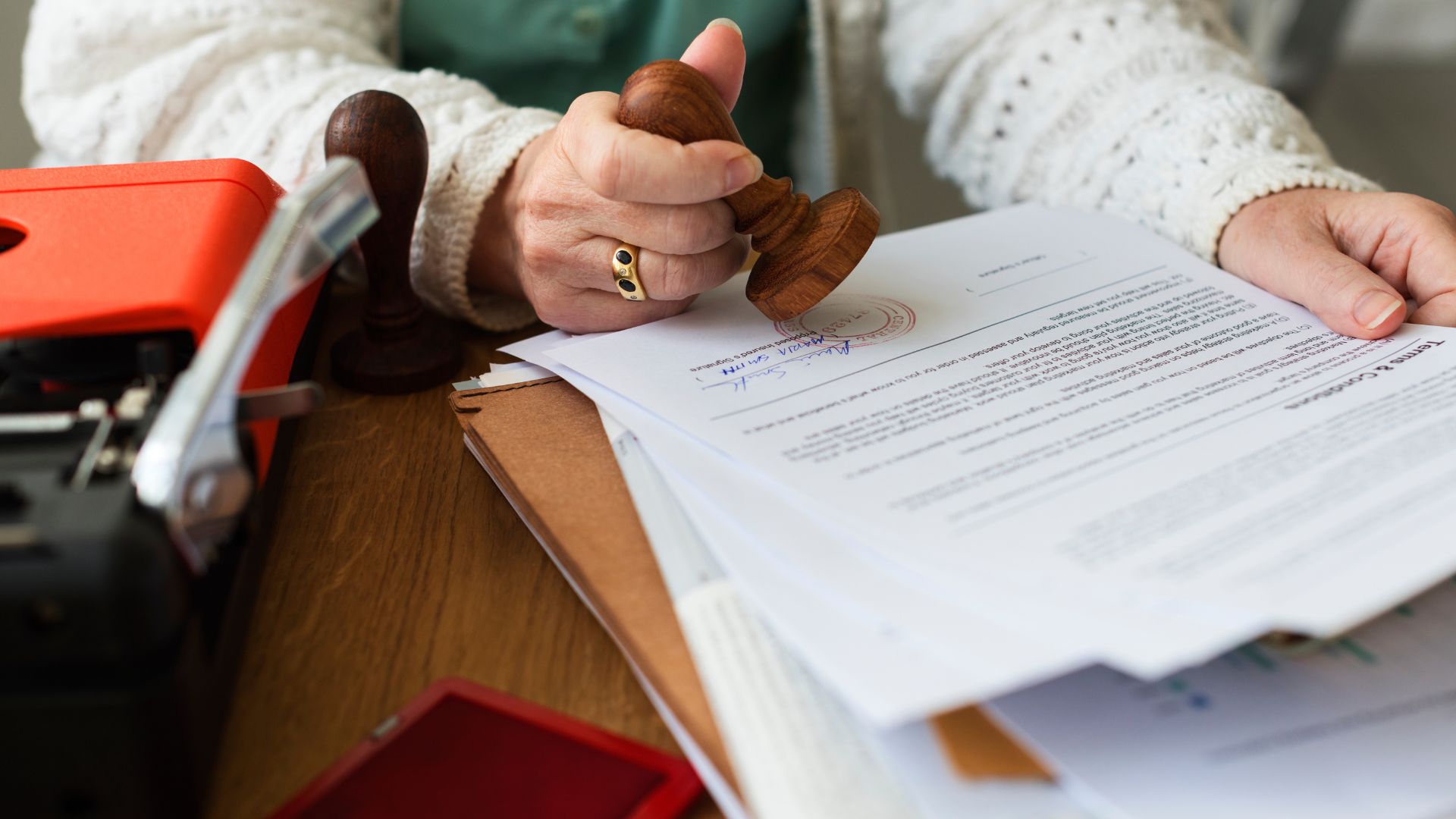What is an apostille?
An apostille is a certificate attesting to the authenticity of an official document, enabling it to be recognized in a foreign country. It is a seal or stamp affixed to a public document, issued in accordance with the Hague Convention of October 5, 1961. This procedure avoids traditional legalization, which is often longer and more complex.
Only certain types of documents can be apostilled, including :
- Civil status records (birth, marriage and death certificates)
- Court decisions and documents
- Notarized documents
- Administrative certificates and diplomas
- Commercial documents such as articles of association or powers of attorney
The apostille guarantees that the document emanates from a competent authority and that its signature is valid. However, it does not alter the content of the document or guarantee its translation. It is therefore sometimes necessary to accompany an apostille with a certified translation to ensure its recognition in a foreign country.
Why apostille a document?
The apostille is essential to guarantee recognition of a document abroad in countries that are signatories to the Hague Convention. Without an apostille, a document risks being rejected by the authorities of the recipient country, which can lead to delays or complications in administrative or legal procedures.
Here are some cases where an apostille is required:
- Marriage abroad: the birth certificate and certificate of celibacy must be apostilled to be valid with the local authorities.
- International adoption: the legal documents required by the authorities in the child's country must be certified to guarantee their validity.
- University registration: diplomas and transcripts must be apostilled to be taken into account by foreign institutions.
- Business transactions: company articles of association, notarial deeds or power of attorney documents may require an apostille to be valid abroad.
- Enforcement of judgments: some judgments require an apostille to be recognized and enforced in another country.
Without this certification, these documents may be refused by foreign administrations and institutions, making it impossible to carry out certain legal procedures.
How do I have a document apostilled?
The apostille is issued by a competent authority designated in each Hague Convention signatory country. In France, the apostille is generally issued by the Court of Appeal responsible for the authority that signed the document.
Steps to follow :
- Check document eligibility: only certain public documents can be apostilled.
- Identify the competent authority: in France, the Court of Appeal is generally responsible for apostilles. In other countries, it may be the Ministry of Foreign Affairs or another public authority.
- Provide the required documents: the original of the document concerned, sometimes accompanied by a copy, a specific form and proof of identity.
- Pay any fees: depending on the country and administration concerned, fees may apply.
- Waiting for the apostille to be issued: this can vary depending on the jurisdiction and the volume of requests.
- Have the apostille translated if necessary: if the document is to be used in a country with a different language, a sworn translation may be required.
If you need to apostille several documents, it is advisable to plan ahead, as some countries require all documents to be translated and certified before proceeding with the apostille.
How can Legal 230 help you?
At Legal 230, we understand that international document recognition is a crucial issue for legal professionals. That's why we offer comprehensive support to ensure the conformity of your translated and apostilled documents.
Our services :
- Certified translation: we translate your legal documents with expert translators specialized in the various fields of law.
- Verification of conformity: we advise you on the specific apostille and legalization requirements of the countries concerned.
- Managing administrative procedures: we help you to obtain the apostille in collaboration with the relevant authorities, reducing delays and simplifying the process.
- Fast, secure delivery: we ensure that your documents are ready for international use on time, thanks to optimized translation and certification management.
- Personalized support: our translation and certification experts guide you through the entire process to ensure the validity of your documents abroad.
Thanks to our expertise, you benefit from a reliable and efficient service for the translation and apostille of your official documents. We guarantee full compliance with international regulations and fast, secure processing.
Contact us now
Whether you're a lawyer, notary, company or private individual in need of apostille and certified translation, Legal 230 is your trusted partner. Please do not hesitate to contact us for a quotation or further information on our apostille services for your legal documents.

